Social tribes
While reading Sebastian Junger’s recent book, Tribe, I could not help but think about first generation college students and the boost of belonging to social tribes. A New York Times book review encapsulates Junger’s argument:
Modern civilization may be swell, giving us unimaginable autonomy and material bounty. But it has also deprived us of the psychologically invaluable sense of community and interdependence that we hominids enjoyed for millions of years. It is only during moments of great adversity that we come together and enjoy that kind of fellowship — which may explain why, paradoxically, we thrive during those moments.
Junger’s argument fits perfectly into the dilemma faced by first generation students in higher education. They arrive at college or university — institutions with a cultural narrative of independence — in search of interdependence. Students need to find their people, their communities, their social tribes.

Finding social tribes — or creating them
Stories told by first generation students themselves underline how membership in a supportive community is a springboard to security in the larger academic environment. Knowledge Without Borders interviewed a first generation student at Brown University who talked about how she moved past the culture shock she experienced reconciling an Ivy League university with the streets of Trenton, New Jersey, by finding a community.
Latino students at the University of Texas (UT) share stories of the positive impact of their community, La Raza.
When you ask the young people from Roma [Texas] what got them through [UT] , their answer is unequivocal: friends. And these friends are very serious about being friends. They even named their group “La Raza.” Literally, “la raza” translates to “the race,” but for most Latinos, the meaning is deeper. “It’s like, ‘our people,’” Tomás said. “Our gang,” added Perla. … “We just call it ‘the group,’” said Eduardo.
What these students have discovered in the power of social tribes as a networked communities. Students from the UT La Raza comment:
Seeing each other struggle, knowing you’re not the only one crying in the shower that first desperately hard semester—that’s what gets you through, Tomás said. “We are missing a really important power,” he said of arriving on campus as first-generation students from a small town no one’s ever heard of. “Networking.” Eduardo, the business student, nods. “We have to start our own networks from scratch. That’s what La Raza is.”
Listening to the stories of students from Brown University and the University of Texas become bricks in the foundation of a nationwide movement of first generation social tribes — networks and communities inspired by the students themselves. Institutions as varied as the University of Michigan and Ithaca College have asked first generation students about their needs as they created first generation centers.

Social tribes form around common backgrounds and common concerns
Ivy League students created their own social tribe, 1vyG.org, as a voice for first generation students. Knowledge Without Borders was represented at their first inter-collegiate conference in 2015. More and more colleges and universities are realizing that in order to succeed, first generation students need more than full tuition and remedial math classes.
Though writing about war veterans, Sebastian Junger’s argument neatly addresses issues faced by first generation college students. In order to endure the adversity of isolation and confusion in the new culture of college, they need to share their stories with members of their social tribes. With institutional space and resources to determine real needs, first gens themselves will build the “psychologically invaluable sense of community and interdependence” that makes success in college and career a real possibility.

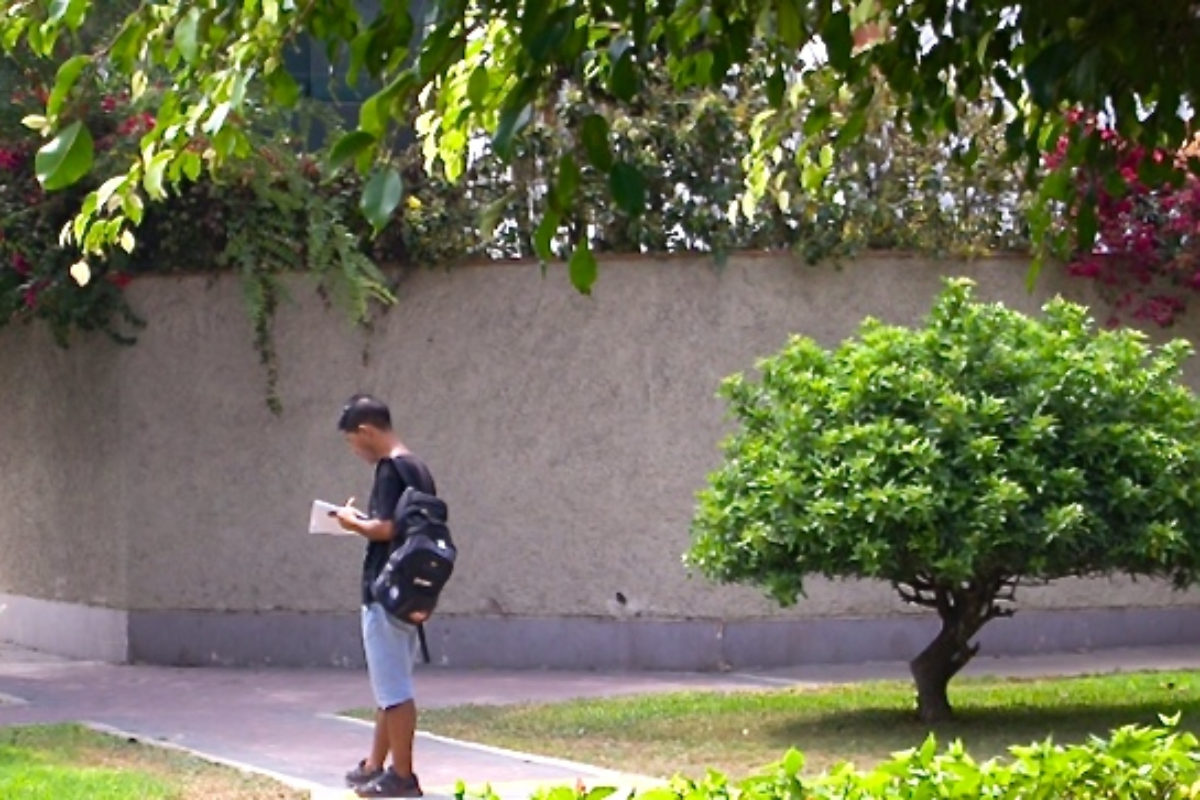
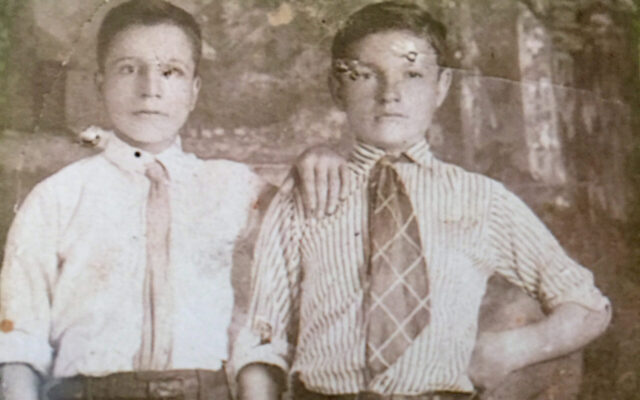
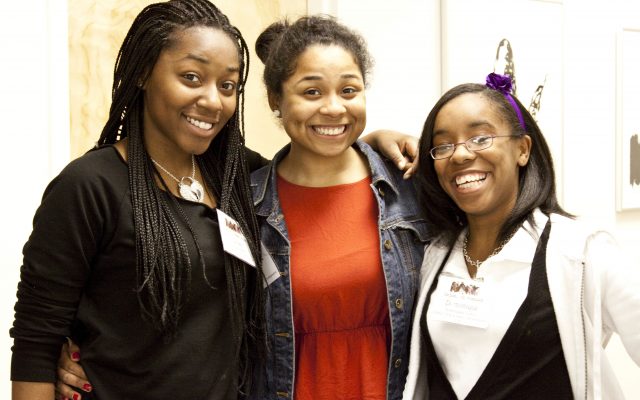
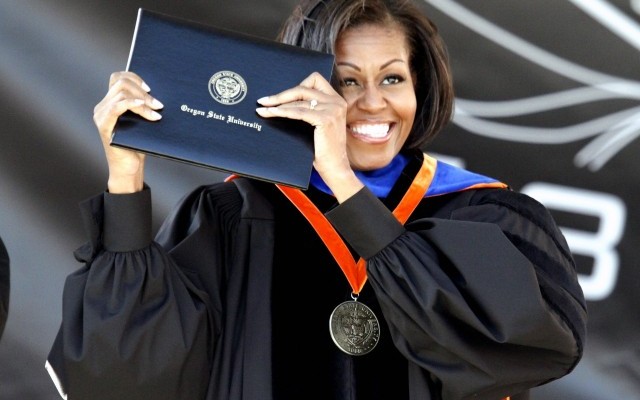
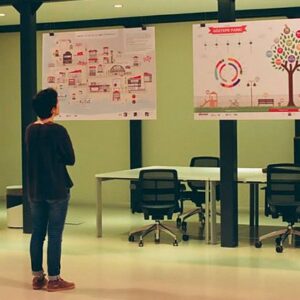
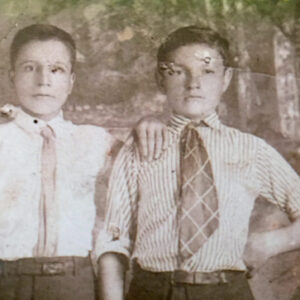
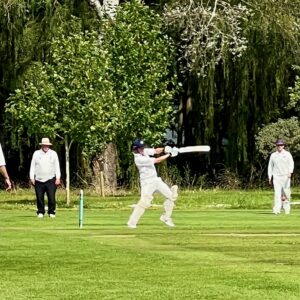
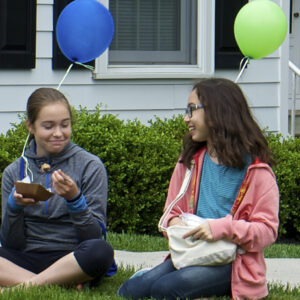


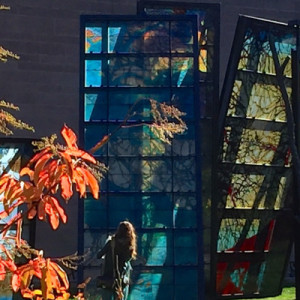
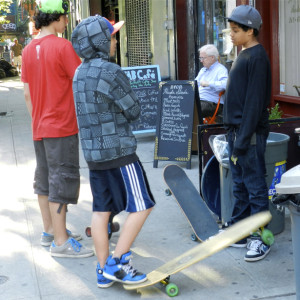
No Comments Yet!
You can be first to comment this post!